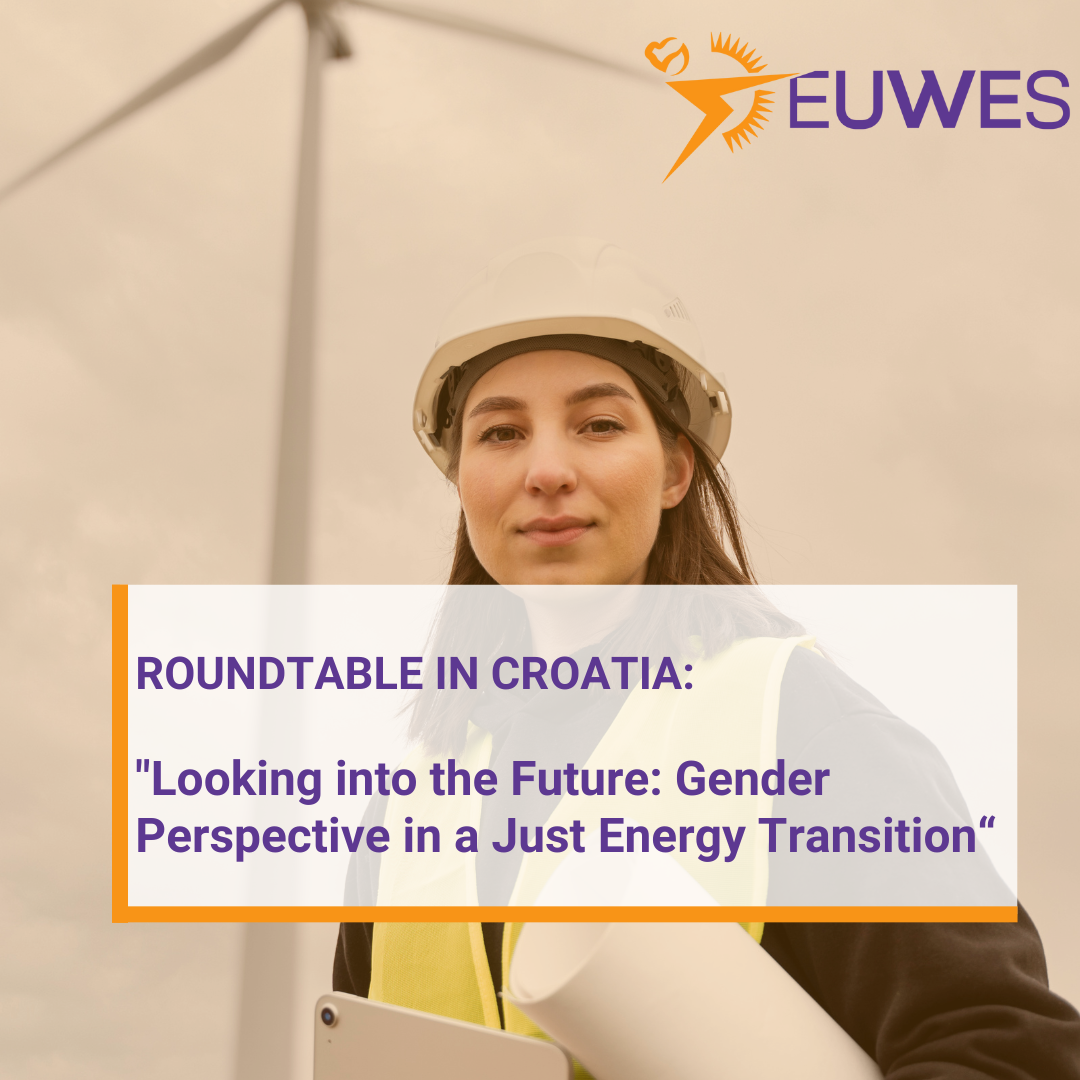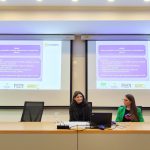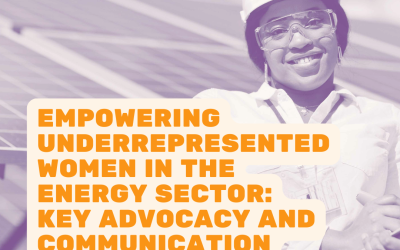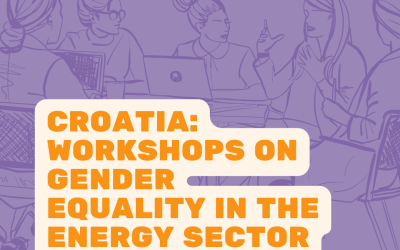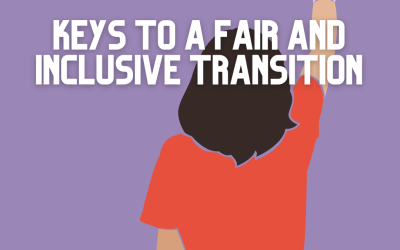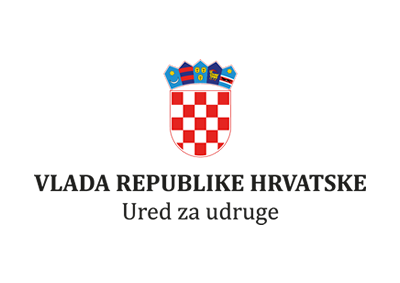On International Women’s Day, the Society for Sustainable Development (DOOR), in collaboration with the Faculty of Electrical Engineering and Computing (FER) and with the support of ZGRADOnačelnik.hr, organized a roundtable discussion titled “Looking into the Future: Gender Perspective in a Just Energy Transition.”
The first panel, titled “Gender Perspective of the Labor Market in the Energy Sector,” discussed the importance of gender roles and perspectives in the energy transition process. The discussion focused on encouraging women’s participation. Martina Vajdić, a business development expert at CROPEX, Maja Božićević Vrhovčak, a senior researcher from the Energy Institute Hrvoje Požar, and Nela Vlahinić, the president of XEnergy shared their thoughts and suggestions on this topic with the audience.
The conclusion which our panelist agreed on is that women often are in charge of ministries that are not economically interesting, for example, ministries in charge of areas such as social affairs, possibly health care, environmental protection etc. Energy, transportation, finance, judiciary system – these are alaways reserved for men.
These conclusions are not drawn only from personal observations of our panelists. The data both in Croatia and in Europe and beyond clearly show this. Women dominate where there is not excessive capital, power, and finance. Whether this will change remains to be seen. Panelists also added that it is necessary to see how willing women actually are to engage in those spheres, considering gender stereotypes – expectations, motherhood, and general limitations compared to men.
In the second panel discussion, “Gender Perspective in Higher Education in the Energy Sector,” the emphasis was on the role of education institutions in promoting gender equality in energy sector. Participants were Miljenka Kuhar, executive director at the Society for Sustainable Development (DOOR); Mirna Gržanić from the Faculty of Electrical Engineering and Computing, University of Zagreb, and Branislava Baranović from the Institute for Social Research in Zagreb.
The panelists agreed on that there is a certain distrust towards women when it comes to managerial positions. The system of gender values in Croatia is quite patriarchal, and although some shifts are visible, it still presents a major obstacle.
There is a significant inequality when it comes to female enrolment in the STEM faculties and study programmes. When alll STEM study programmes in Croatia are considered female students compose almost half of the total student body. However, in certain sectors, such as the ICT sector, the share of female drops significantly (to 1/4 and even 1/5 of the total student body). Branislava Baranovic commented on a research conducted by the Institute for for Social research that shows how gender stereotypes still have a significant impact on the choice of studies.
At the end of the roundtable, Anamari Majdandžić from the Society for Sustainable Development Design highlighted several recommendations for further action, including financial support for women-led businesses, implementation of mentorship programs to support women in energy, and promotion of projects that encourage STEM fields among girls and women. This event served as a reminder of the importance of involving women in the energy transition process and the necessity of creating equal opportunities for all genders in that sector.
